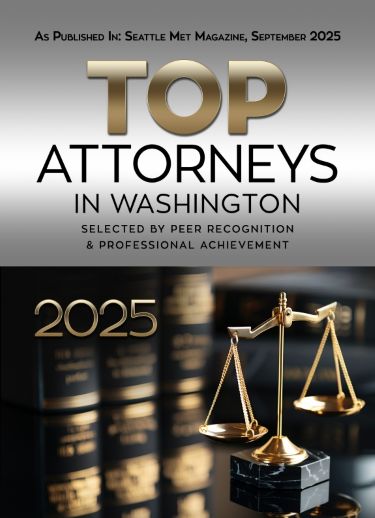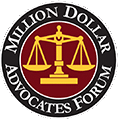Medical Malpractice
Medication and Pharmacy Errors
Medication and Pharmacy Error Claims in Washington State
Entrusting our health to medical professionals includes the expectation that medications will facilitate our recovery and improve our well-being. Medications play a pivotal role in treating various health conditions, helping manage everything from chronic pain to acute infections. However, while the process of prescribing and dispensing medications is typically safe and accurate, errors can occur. These mistakes, though relatively rare, can have dire consequences.
Understanding Medication Errors
Medication errors can happen at any stage of the drug administration process. These may include errors in prescribing, dispensing, or administering medications. Such errors are defined as preventable events that may lead to inappropriate medication use or patient harm. Common types of medication errors include providing the wrong dosage, dispensing the wrong medication, or failing to recognize potential harmful interactions with allergies, or other drugs the patient is taking.
The impact of these errors can be severe, including life-threatening medical conditions. Additionally, there are psychological impacts such as anxiety and post-traumatic stress disorder, which can affect a patient’s overall trust in the healthcare system and lead to long-term psychological distress.
If you or someone close to you has suffered serious injuries or disabilities due to someone else’s negligence in prescribing or dispensing medications, you deserve strong, effective representation. We encourage you to contact Menzer Law Group at (206) 903-1818 for a complimentary case evaluation. We understand the physical and emotional pain and stress you may be experiencing, and we are committed to responding to you promptly and respectfully.
The Role of Healthcare Providers
Healthcare providers, including doctors and pharmacists, are legally obligated to ensure that medications are prescribed and dispensed safely. This includes checking for potential drug interactions, proper dosages, and the patient’s known allergies. When this duty of care is breached, and a patient is harmed, it may constitute medical malpractice.
Legal Framework in Washington State
In Washington state, pursuing a medication error claim involves proving four key elements:
- Duty of Care: Establishing that the healthcare provider owed a duty of care to the patient.
- Breach of Duty: Demonstrating that the provider failed to meet the standard of care expected in their professional capacity.
- Causation: Showing a direct link between the breach of duty and the harm suffered by the patient.
- Damages: Proving that the patient incurred damages due to the breach, including medical expenses, lost wages, physical and emotional pain and suffering, and other related financial losses.
Challenges in Medication Error Claims
One of the significant challenges in medication error claims is gathering compelling evidence. This may involve securing medical records, expert testimony, and other vital documents supporting the claim. Often, it requires a detailed investigation into the medical history and procedures followed and an expert analysis of where the process failed.
Why Legal Expertise Matters
The complexity of medication error cases necessitates expert legal guidance. Experienced medical malpractice attorneys and pharmacy error lawyers understand how to navigate the legal system, gather necessary evidence, and work with medical experts to build a strong case. They play a crucial role in ensuring that all aspects of the case are meticulously handled, from the initial review of medical records to the final presentation of evidence and testimony in court.

Taking Action
If you or a loved one has been the victim of a medication or pharmacy error in Washington state, it is crucial to act quickly because the statute of limitations in Washington sets a deadline for filing legal claims. Engaging a skilled medical malpractice attorney ensures your case is evaluated accurately and all legal options are explored. The dedicated team at Menzer Law Group specializes in medical malpractice, hospital negligence, and medication error cases and is committed to advocating for the rights of clients who have been seriously injured due to medication errors.











































Complimentary Case Review
Securing expert legal representation is crucial if you or a loved one has been seriously injured due to a medication or pharmacy error. Contact Menzer Law Group at (206) 903-1818 for a complimentary case review. Our skilled team will carefully assess your claim to ensure it matches our areas of expertise, concentrating on cases where we can have the most profound impact. We understand the stress and emotional and physical pain you may be experiencing, and we are committed to responding to you promptly and respectfully.
Focused Case Engagement
Menzer Law Group is selective in our cases, focusing our resources where we can make the most significant impact. We concentrate on medical malpractice incidents with severe injuries that require the dedication of substantial attorney and staff time and the services of experts in various medical, scientific, and financial fields. This dedicated approach allows us to provide thorough, significant, and impactful representation to each client we represent.
